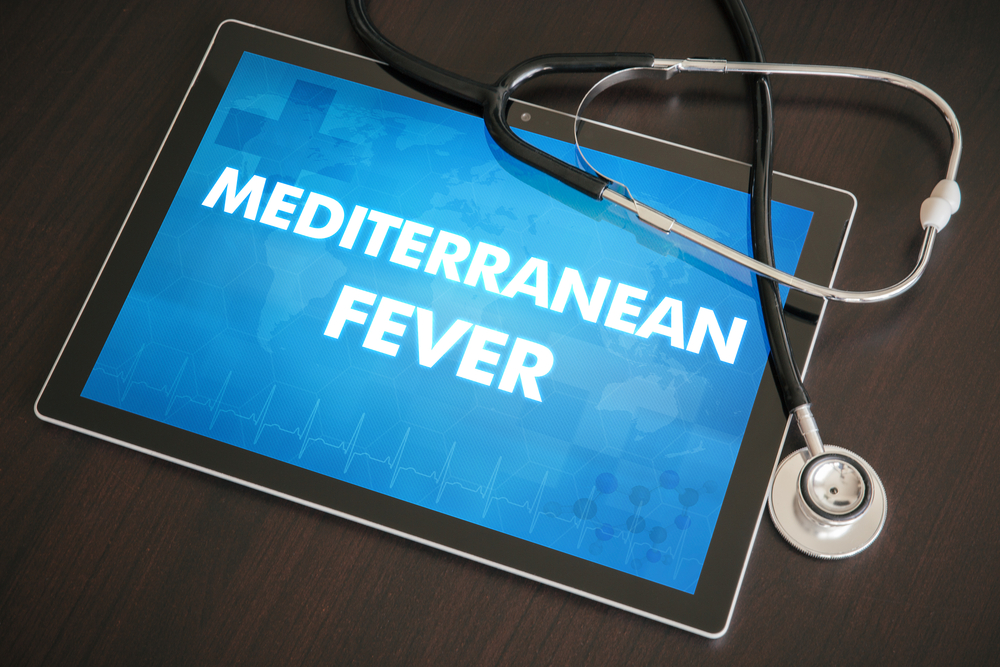DIAGNOSIS
The doctor may conduct a physical exam and ask about your signs and symptoms. Mediterranean fever is genetically inherited, so the doctor will also inquire about your family’s medical history. Some tests and procedure are also used, such as:
- Blood tests: test results may show indicators of inflammation in your body
- Genetic testing: test results will determine if your gene contains a mutation associated with Mediterranean fever.
TREATMENT
Mediterranean fever cannot be cured. There are treatments, however, aimed to alleviate signs and symptoms.
- Colchicine: This drug reduces inflammation in the body and can help prevent attacks. However, the drug does not stop an episode/attack that has started already. Dosing varies for each patient; hence, you shall carefully work with your doctor to determine the suitable dose. With the correct dosage of colchicine, regular intake can help children with the condition live a healthy life and have an average life expectancy.
People whose symptoms are not controlled with colchicine; may be given different medications. Medications that can block proteins that cause inflammation, such as canakinumab. Rilonacept, and anakinra; analgesics/NSAIDs may also be suggested.
Generally, Mediterranean fever attacks are short-lasting, and hospital admission is hardly necessary. But in cases that attacks are frequently recurrent, patients may need to talk this through with their doctor. The doctor will screen the patient for possible trigger factors, such as drug interactions, and adjust the treatment base.


